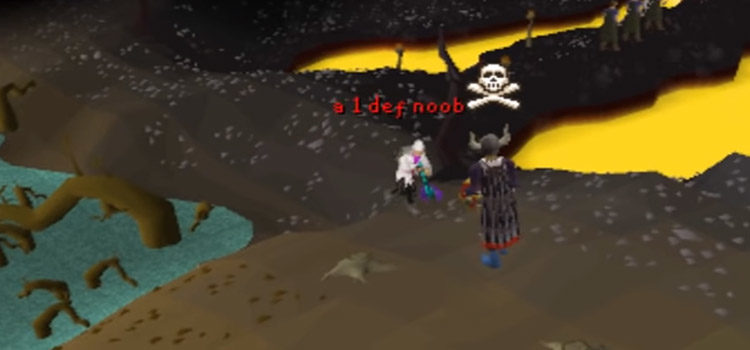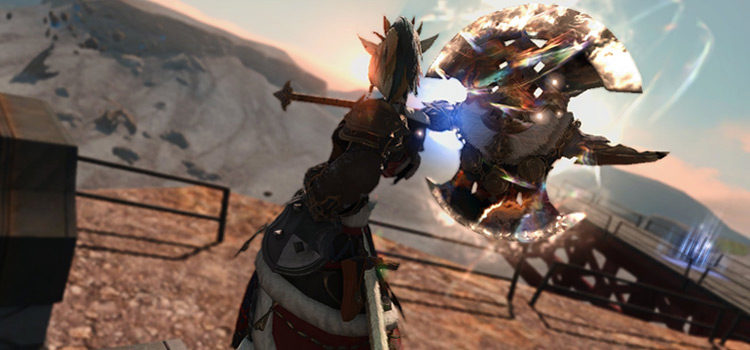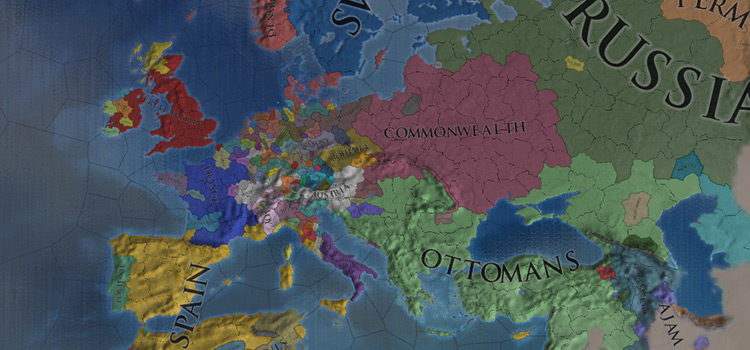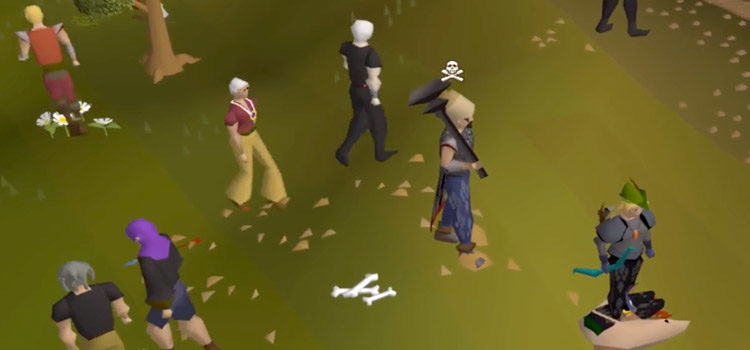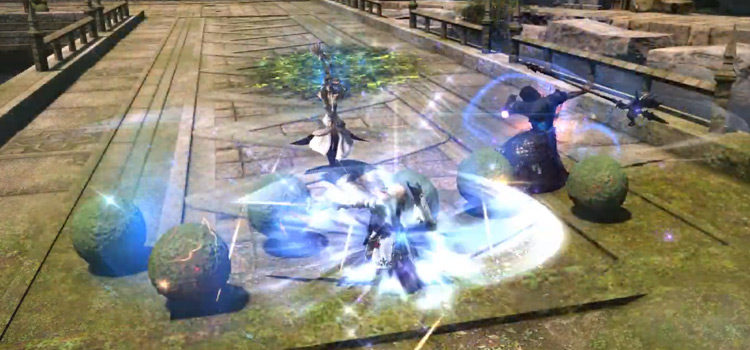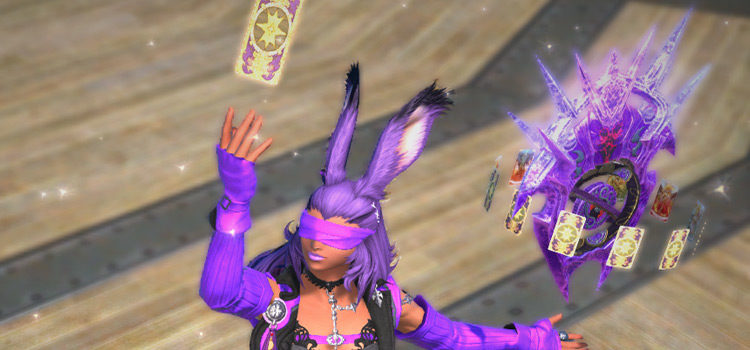D&D 5e Homebrew For Beginners: What Is It & What Does It Mean?
This post may contain affiliate links. If you buy something we may get a small commission at no extra cost to you. (Learn more).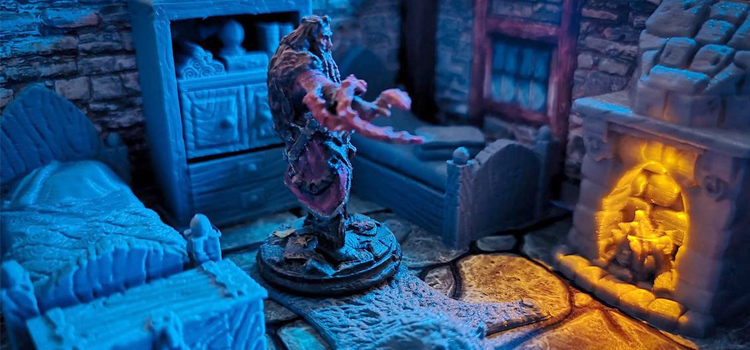
Homebrew is a term that refers to D&D rules that are not included in the official rules that are published by Wizards of the Coast (WOTC). Homebrew can include rules that your group comes up with, or rules that your group borrows from others.
There are also many websites that have already-created fanmade homebrew content for D&D 5e.
It’s common for DMs to include some homebrew in their games. Often they have certain rules that they want to change or add. Or they may accidentally misinterpret the rules, which technically is homebrew.
Sometimes players want to play races, classes, or subclasses that aren’t included in the official rules, so they may ask the DM for permission to find or create or find homebrew content.
If you want to use homebrew rules, you should always get approval from the DM, and you should read the rules very carefully. Some homebrew content is excellent, while some is confusing, unbalanced, or simply garbage.
Example of common homebrew rules – sometimes intentional, sometimes accidental:
- Using homemade monsters or magic items
- Allowing players to roll or determine starting stats by anything other than point buy, standard array, or roll 4d6 and drop the lowest die.
- Rolling 3d4+3 for magic missile, instead of rolling 1d4+1 and multiplying by 3.
- Giving players disadvantage on attacks when they can’t see their enemy and their enemy can’t see them (according to the rules, players have both advantage and disadvantage, which cancel out).
- Altering spells, like turning burning hands into a cold spell.
- Using homemade subclasses that have been published online.
- Creating rules to simplify or add complexity to the existing rules, such as changing the rules for running a business, adding firearms, etc.
As you can see, homebrew rules are really common, and often unintentional.
You should not confuse homebrew rules with optional rules, which are also a part of D&D 5e.
Wizards of the Coast has several optional rules that DMs may or may not choose to implement.
A good example of optional rules is the use of feats, multi-classing, or downtime activities.
Wizards of the Coast also periodically releases content in Unearthed Arcana (UA) articles. While this might seem official, it’s better to think of it as temporarily semi-official.
UA content is meant for play-testing, after which it sometimes is edited and reprinted as official content. You should treat UA content like homebrew and ask for the DM’s permission. It’s not uncommon for DMs to allow UA because it is typically(but not always) more balanced and thought-out than much of the homebrew available on the Internet.
If you play in Adventurers League, you are not allowed to use any homebrew content.
Some content that looks official on DNDBeyond, such as the Blood Hunter Class or Acquisitions Incorporated book, may not be allowed in Adventurer League Play.
Homebrew Ideas Online
Here are some websites where you can find D&D homebrew content:
DND Beyond: (www.dndbeyond.com) has a lot of homebrew content, of varying quality.
Dungeon Master’s Guild: (www.dmsguild.com) content tends to be above average, and it includes user ratings, but it can still be hit-or-miss. This is an excellent place to look for homebrew rules for both players and DMs. You have to pay for some of the material, although many articles are “Pay What You Want” – meaning it could be free, although it’s also nice to give a donation to the author if you value their content.
D&D Wiki: (www.dandwiki.com/wiki/) has a lot of homebrew, but it’s often unbalanced or poorly written. Be careful when using this site.
Reddit: Some of the best and worst homebrew can be found on Reddit. A particularly good place to look for homebrew is the subreddit /r/UnearthedArcana/ because most of this content is subject to review and revisions.
Many well-known (and unknown) D&D personalities post homebrew content on blogs and websites. In fact, some official and semi-official 5e content started as homebrew, such as Matt Mercer’s Blood Hunter class, and the Acquisition’s Incorporated sourcebook, which was published by Wizards of the Coast.
In short, don’t be afraid to use homebrew.
It can enhance your game and add to everyone’s enjoyment. But be cautious about using too much homebrew or poorly-designed homebrew, since it can have a detrimental effect on some games.
The most important thing when playing D&D is making sure that everyone has fun. If certain homebrew rules appear to add to confusion or stress, perhaps they’re not right for your game. If other rules add to everyone’s enjoyment, consider making them a staple.
